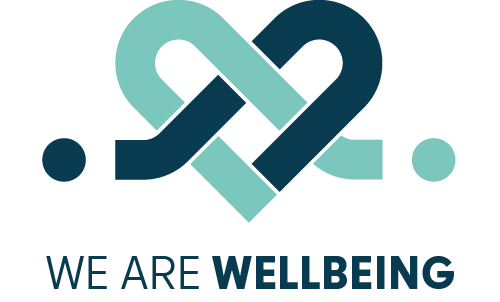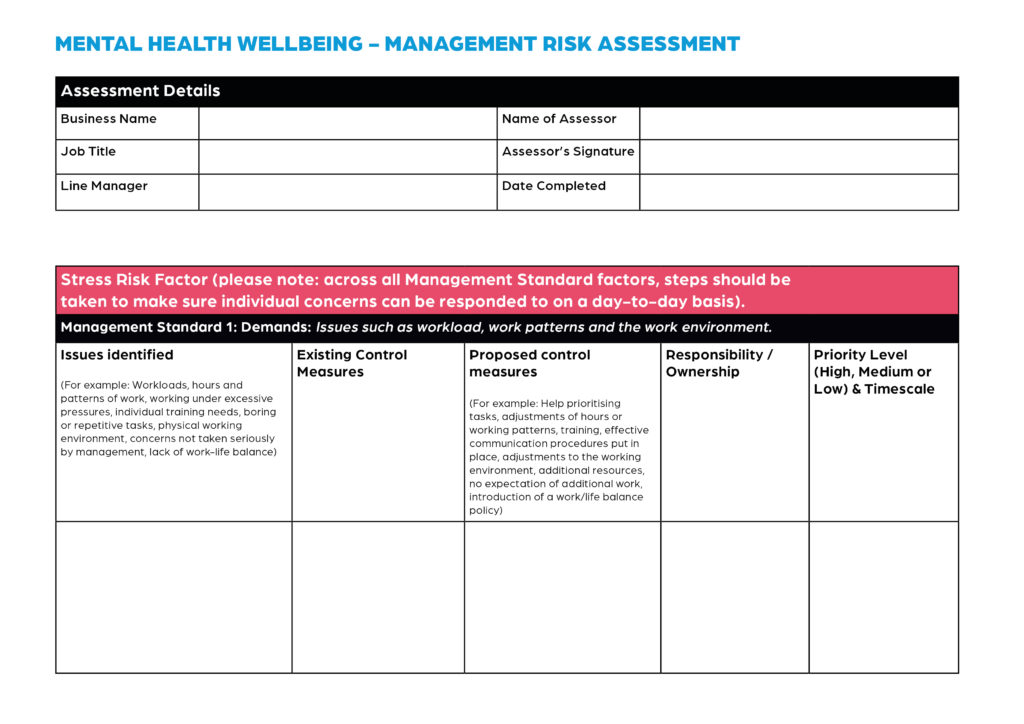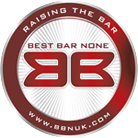Why is mental health an issue for nightlife and hospitality operators?

The hospitality industry is the third biggest employer in the UK and accounts for 10% of UK employment and approximately 5% of GDP. However, the hospitality industry also has the highest number of mental health problems, such as depression.
In the UK, one in seven employed people experience mental health issues – this is even more prevalent in the hospitality and nightlife sectors. A study by the University of Cambridge showed that more than half of all sick leave can be attributed to mental health conditions. It is estimated that economic losses caused by mental health issues account for about 4.1% of UK GDP. Better mental health support in the workplace is predicted to save UK businesses up to £8 billion per year. There is a huge push for industry leaders to take an urgent look at mental wellbeing in their workplace.
Focussing on hospitality, the impact of the COVID–19 pandemic and the effect of inflation caused the workforce to shrink. Brexit also saw hundreds of thousands of foreign workers forced to leave the sector.
With the staff shortages as well as businesses choosing to adopt morning and midday hours, many hospitality workers are now forced to work longer shifts and take on more responsibilities.
How Mental Health is Impacted by working in the hospitality industry
Work has a significant impact on an individual’s mental health, alongside sleep, anxiety levels, social contact and physical exertion. Many hospitality workers have turned to self-medication through alcohol or prescription drugs.
A recent study on hospitality business employees , ‘Service without a smile’ by the Royal Society for Public Health, reported that 84% of hospitality workers feel increased stress as a direct consequence of their job. 45% said they would not recommend working in hospitality. 62% did not think employers take care of employees. 74% had experienced verbal from a customer. 24% required medical help as a result of their stressful job. And only 10% had received health or wellbeing mentoring or access to mental health first aiders.

How can hospitality businesses and industry leaders improve mental health in the sector?
A recommendation of the study included a note for hospitality employers to put in place a package of support which protect the mental health and wellbeing of staff. This package should include sick leave, regular 1-2-1s between managers and staff, health champions and mental health first aiders.
Sick leave
Your sickness policy can be forgotten over time leading to employees not knowing what’s expected of them when they do fall ill, causing more work for line managers and HR. Asking employees to read through your company handbook on a semi-regular basis will be beneficial for keeping everyone in the loop.
If you need assistance in creating an employee handbook – then contact NDML. We have made partnerships, such as with Sentient HR, who can provide a range of human resource services such as creating documentation.
Consider your staff filling out a sick leave form explaining their absence. Record and analyse absence to identify patterns and start making changes.
Regular 1-2-1s
1-2-1s are crucial for any business, helping both staff and managers. Better and regular communication helps improve the mental wellbeing and security of the employee, and also the understanding of the employer and line managers. Regular checkins tend to stop larger issues’ festering.
Health champions
Train up and inspire a team of Wellbeing Champions to act as health and wellbeing advocates within your business. They’ll make sure your employees understand the importance of wellbeing. That means your employees are more likely to engage in other wellbeing activity within the business, thus amplifying the reach and impact of a wellbeing programme.
See Wellbeing Champions information
Mental health first aiders
As well as physical first aiders, mental health first aiders should be on hand to address any incidents that happen at your business. Their training will include how to talk to a suffering individual, what advice is suitable, and what professional expert they can point people toward. They will also receive training on how to spot the warning signs.
See We Are Wellbeing’s Health and Wellbeing Coaching. Their experts can offer individual wellbeing coaching, from advice on managing stress, anxiety and depression right through to combating social isolation and achieving financial security.
Free Wellbeing Pack from NDML for hospitality managers and employees
At NDML we’ve created a wellbeing pack, a key resource for both manager and employees within the night-time industry.
The pack includes:
- Background information about wellbeing and the night-time industry
- Manager’s Wellbeing Checklist
- Easy-to-implement wellbeing strategies
- A survival guide to shift work
- Nutritional advice
- Resources and further information
A key element of the pack is our downloadable Wellbeing Risk Assessment. This helps managers identify key risk factors and put measures in place where possible to reduce staff stress and improve overall workplace wellbeing.
Here’s a Free Wellbeing Risk Assessment Template
Visit Our Partners

Our partner Sentient are a HR outsourcing company, offering Health and safety and mediation serivices.
They will provide your business with documentation as well as walk you through any legal proceedings. They offer food hygiene advice, as well as a range of training courses on HR and H&S topics.

We Are Wellbeing offer a range of corporate wellbeing services that have been developed to help organisations create a culture where their employees feel valued, supported and able to excel both personally and professionally.








